Top 8 Senegal Culture, Customs, and Etiquette
Senegal is the size of South Dakota and sits on the tip of a peninsula. The country's capital and largest city, Dakar, is known for its vibrant nightlife and ... read more...bustling markets. Senegal also has beautiful beaches and national parks that are home to hundreds of different bird species. Many different ethnic groups live in the country, each with their own history, language, and culture. Let's take a look at some Senegal culture, customs, and etiquette.
-
Breakfast is usually served between 6 and 9 a.m., lunch from 12 to 1:30 p.m., and dinner from 8 to 9:30 p.m in Senegal. In traditional households, people eat in age and gender-specific groups. The main course is usually served in large bowls on mats or coffee tables on the floor or ground. Depending on personal preference, the occasion, and the dish, several people eat from the same bowl, using the fingers of the right hand or a spoon.
Children are taught from an early age that they should have clean hands, eat only from the portion of the communal dish directly in front of them, and avoid eye contact with those who are still eating. Senegalese only eat with their right hand, though they may use their left hand when necessary but not to put food into their mouth—for example, fruit may be held in the left hand and peeled with the right. Some urban Senegalese occasionally follow French customs, eating at tables from individual plates with utensils, especially when hosting Western visitors. It is considered impolite to eat while walking down the street.
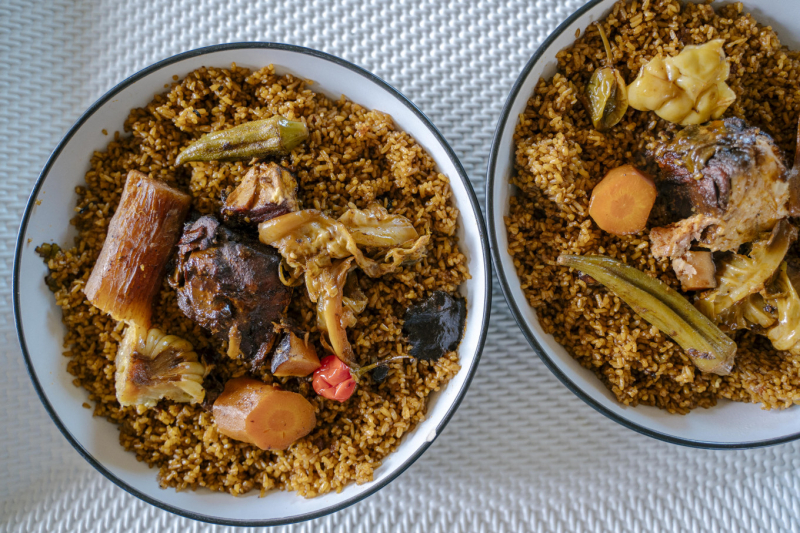
thejakartapost.com 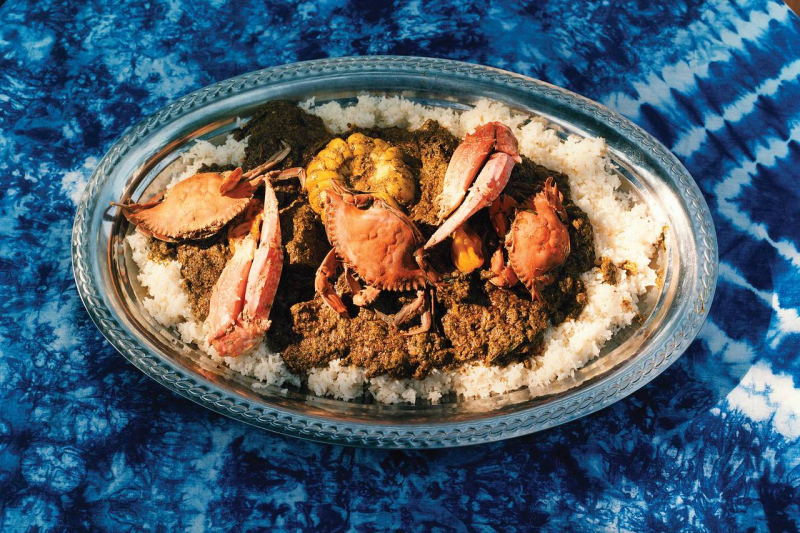
duongsrestaurant.com -
Men traditionally shake hands, whereas women make no physical contact in the most traditional greeting. Women shaking hands, on the other hand, are not uncommon when one of the greeters wishes to show respect to the other. Meeting etiquette differs depending on the relationship, but formal introductions are expected regardless of proximity.
Younger generations generally greet each other in French, with a dash of Arabic thrown in for good measure. Younger people are less interested in spending time establishing a relationship and prefer to get right to the meat of the conversation. When a younger person greets an elder, the younger will do his or her best to participate in a traditional and time-consuming greeting, but it will rarely be as elaborate as when two elders greet each other.
A traditional greeting between two strangers in Senegal begins with an exchange of surnames. Afterwards, each person speaks in a short sentence, wishing the other person and his/her family good health and happiness. However, it is important that each sentence contains the recipient's last name. The exchange lasts for a while, but the more time they spend introducing themselves and repeating their surnames, the more respect they show and the stronger the bond between the two families, and the more mutual understanding they gain.
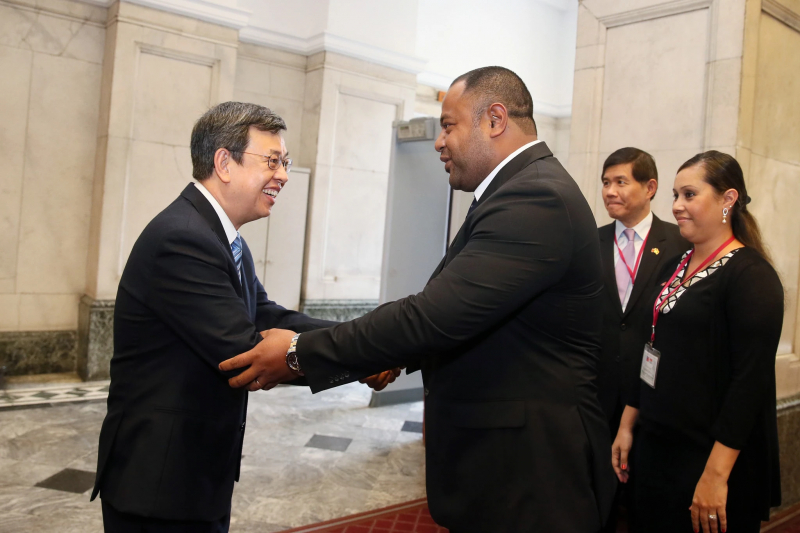
theculturetrip.com 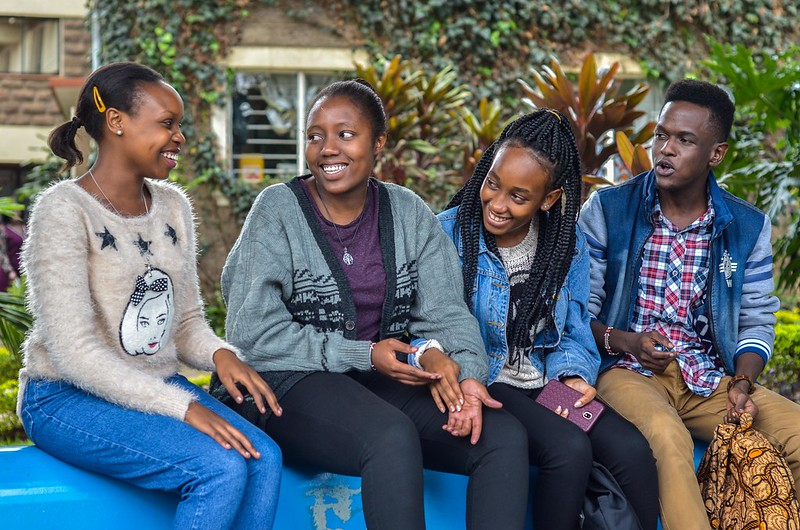
theculturetrip.com -
To begin with, tipping is not mandatory in Senegal. It is only done for the sake of good service; a simple thank you for a job well done. Finally, you must decide whether or not to give tips and, if so, how much. Of course, these suggestions are subject to change based on your experience and the quality of service you receive. In general, tourists tip more when they receive exceptional service and less when they receive mediocre service.
- Tipping at restaurants and bars. Expect to tip around 10% in upscale restaurants. This amount is sometimes already included in the bill, so double-check first. Tipping is not customary in fast food restaurants and roadside eateries.
- Tipping tour guides. Though tipping tour guides is not customary, no one will stop you from providing a small cash reward for good service.
- Tipping taxi drivers. Taxi drivers are not typically tipped by locals. You agree on a fixed price ahead of time and are required to pay only that amount.
- Tipping hotel staff. Again, tipping is only expected in the more upscale hotels. If you were pleased with the service, give the hotel staff the equivalent of $2 in local currency.
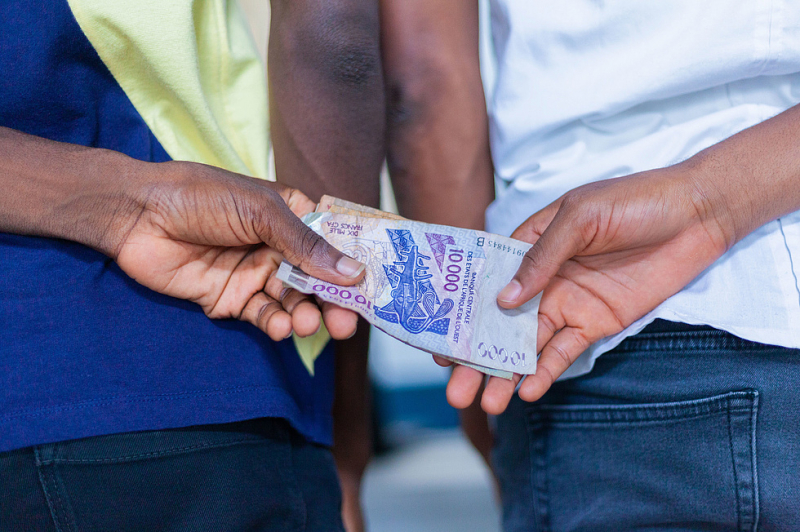
tripsavvy.com 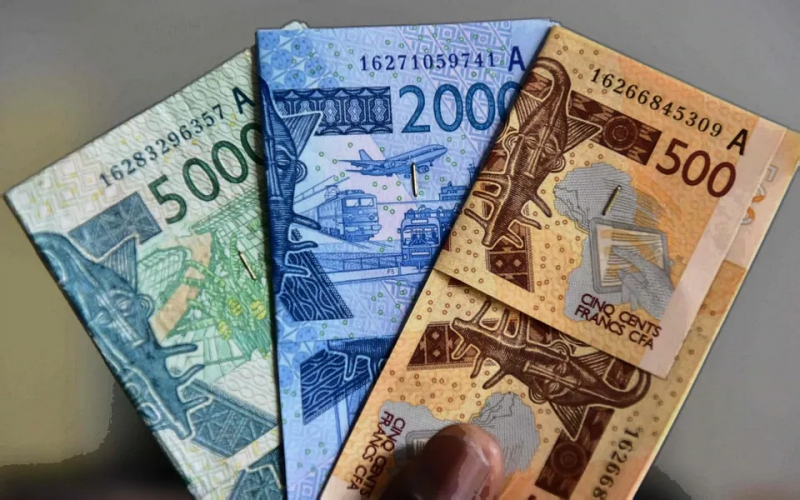
newsweek.com -
Marriages are traditionally arranged by families, but in cities, individual selection of a marriage partner has become more common. Although Senegalese are often encouraged to marry young, it is now acceptable for college students to wait until they graduate. Some Muslims engage in polygamy. A man may have up to four wives under Islamic law, as long as he can care for each equally and has the consent of the other wives.
In general, the family in Senegal is a source of pride and strength. In most rural areas and among traditional urban families, extended families live together in family compounds, but there is a trend in urban areas toward living only with the nuclear family. Baptisms, circumcisions, marriages, and funerals are all lavishly celebrated in Thailand. Despite a growing middle class and a small, wealthy elite, most families are subsistence farmers. The elderly are treated with dignity and are well taken care of by their families. Women are in charge of running the household on a daily basis.
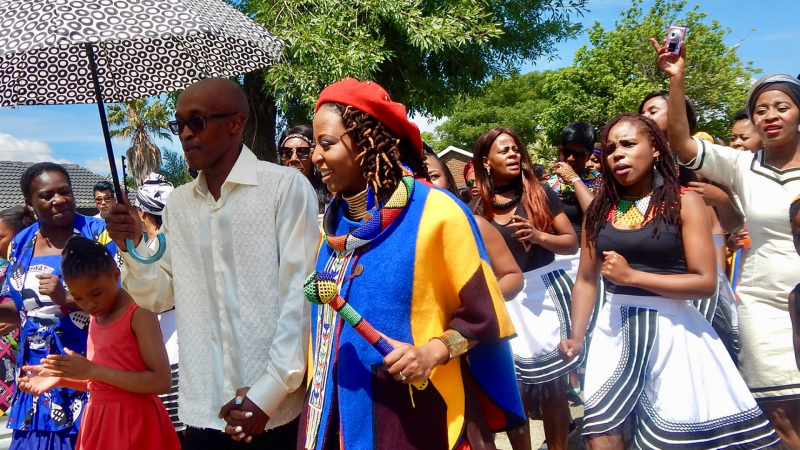
expatica.com 
theculturetrip.com -
Senegal is a Muslim-majority country, but most places do not require you to cover your knees, head, or shoulders. In larger villages and cities, most local women do not wear a hijab, and you will not be treated disrespectfully if you do not cover up, as you might in parts of India, Malaysia, or the Middle East. Many local women, in fact, prefer traditional Senegalese dresses that expose their neck and arms to modern clothing like shorts and skirts. Women typically cover their heads not for religious reasons, but to protect themselves from the harsh African sun.
Senegal has adopted boubou as its traditional attire, as have its African neighbors. This large, light, and comfortable clothing is a prerogative in Senegalese tradition.
Senegalese boubou is classified as simple or rich, and is both simple and stylish. If the fabric and embroidery are simple, with no extraneous details, boubou will be called "simple." It is typically worn by people of lower socioeconomic status and is made of wax or cotton. However, if the fabric and embroidery are rich, and the sewing details and finishes are of high quality, the boubou will be called "rich." It will be worn in high-profile situations.
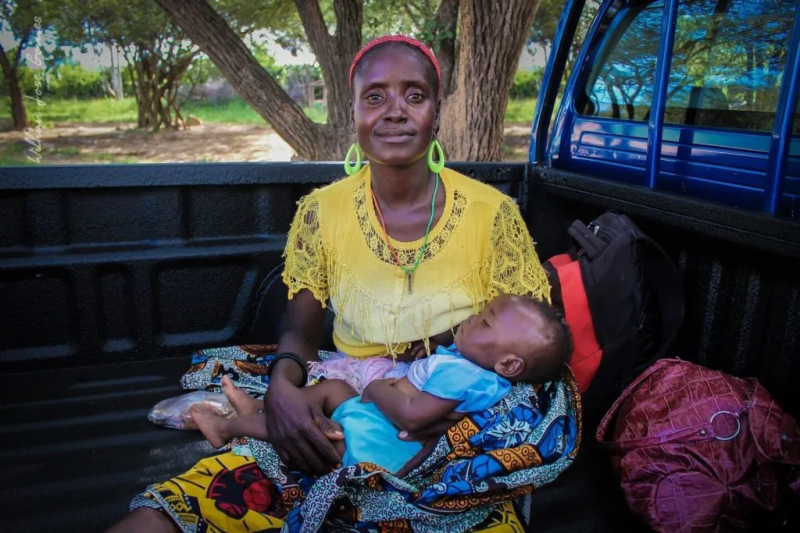
trafalgar.com 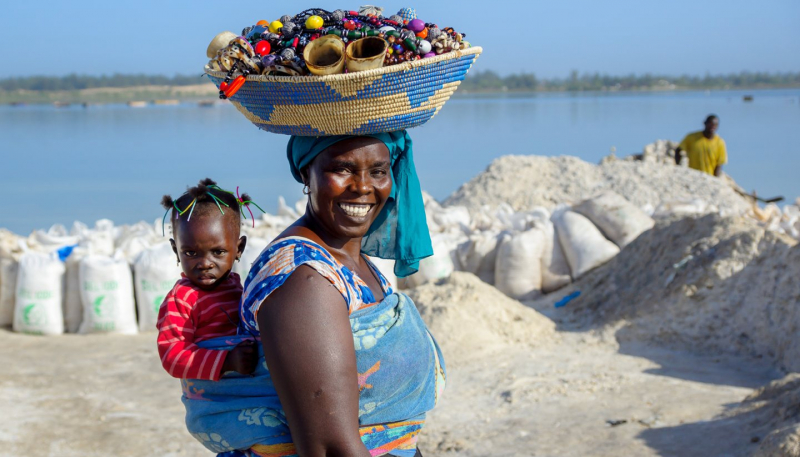
africanvibes.com -
The time between initial contact and direct contract negotiation in Senegal can be longer than anticipated. From this vantage point, it is critical to pay close attention to the initial steps, approach potential market partners, and adequately prepare for them.
Personal presence is required for the establishment or advancement of genuine business contacts, as well as the advancement of business projects. Many industries make transactions based on traditional and personal ties. Nonetheless, expect fierce competition from Chinese and Turkish firms as well as French firms.
At the first meeting, it is unlikely that an agreement will be reached. Long-term personal contacts founded on mutual trust significantly reduce the risk of unethical behavior. Respecting Senegalese counterparts' hierarchies contributes significantly to the success of negotiations. The exchange of gifts is a good practice, especially when meeting with top company representatives for the first time. In the eyes of the partners, your value and careful selection is proof of the effort to deepen the relationship.
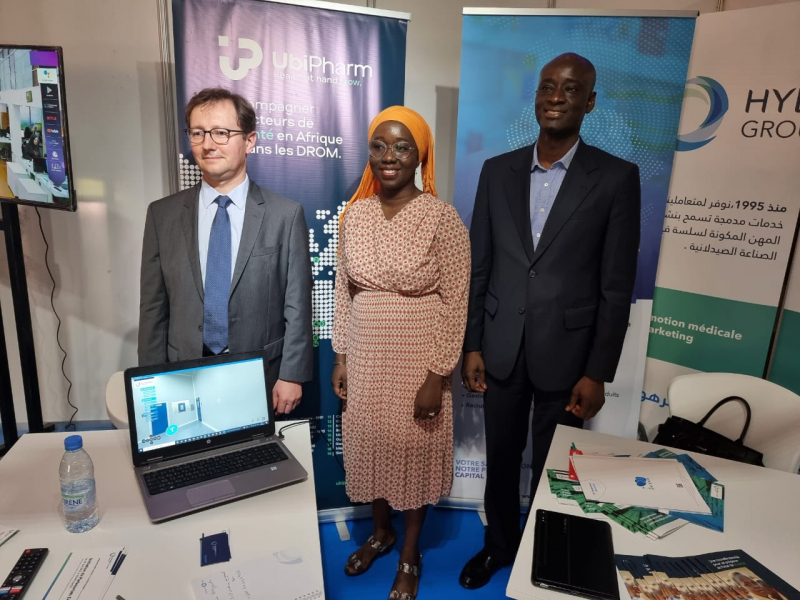
afktravel.com 
lifexchangesolutions.com -
Senegal is a generally tolerant society, with 95% of the Senegalese population practicing Islam. In fact, despite the fact that Muslims constitute more than 90% of the population, the government observes both Muslim and Roman Catholic holidays. The local laws in Senegal reflect the country's Muslim majority. The vast majority of Muslims are Sunni and follow one of several Sufi brotherhoods, each with its own set of practices. Sufism, the type of Islam practiced in Senegal, is founded on an ancient form of Islamic mysticism.
Around 5% of Senegalese are Christian, primarily Roman Catholics, who were introduced to the country by Portuguese and French colonialists from the 15th to the 20th centuries. Protestants and groups that combine Christian and indigenous beliefs are examples of Christian groups. A small number of citizens are animists, who believe in the power of supernatural spirits. In Senegal, animism has a significant impact on the practice of Islam and Christianity. The constitution guarantees religious groups the freedom to practice their beliefs and self-government without interference from the government.
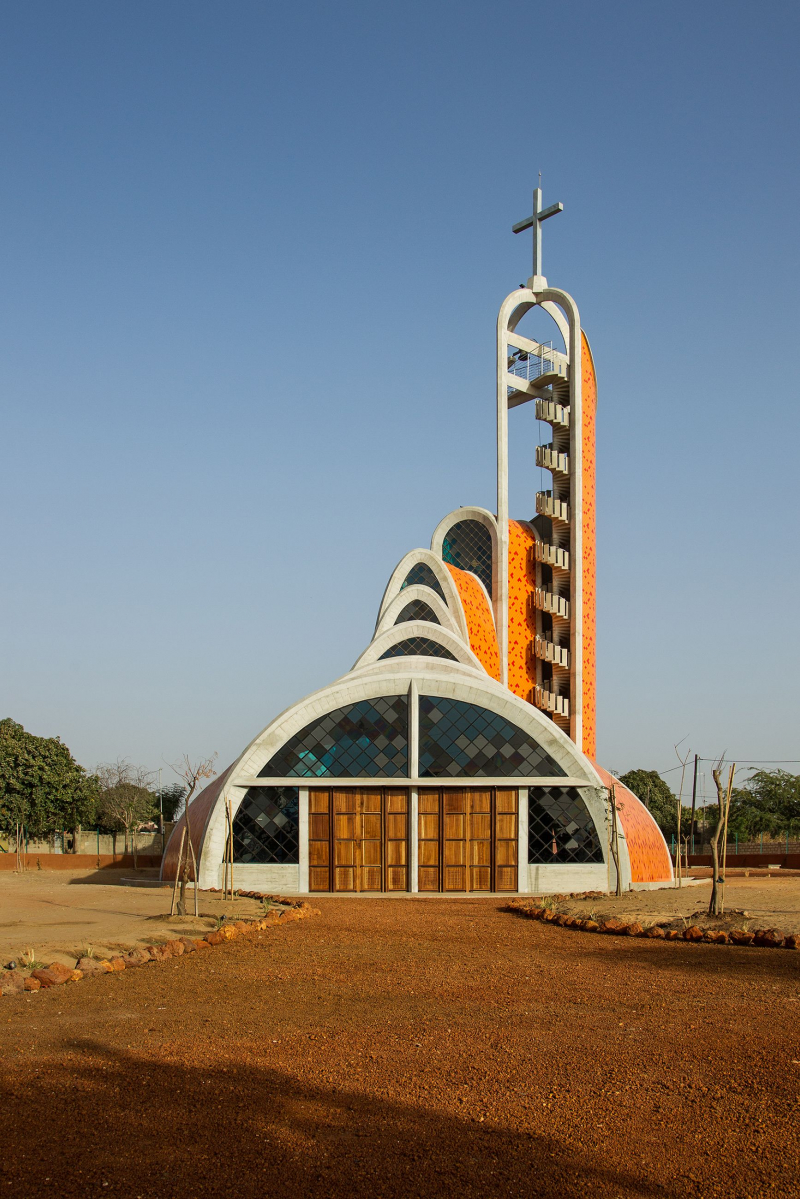
architectureprize.com 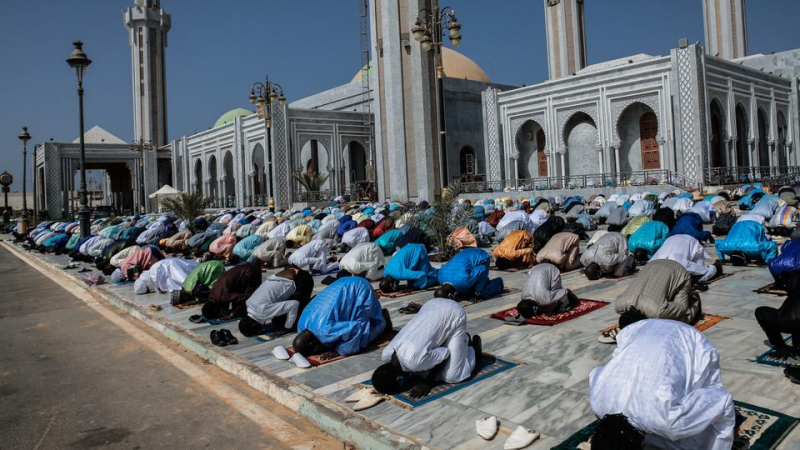
trtworld.com -
Within ethnic traditions, professional musicians play a more important role than usual in African countries. In Senegal, professional griots (singers and storytellers) read poetry, historical quads and perform them in an ensemble of single-string lutes, flutes, drums and rattles. Folk music includes children's songs, begging laments, love songs, and magical ritual songs. The song's style reflects Arabic influence from Islam. The chorus, a harp-lute played with great virtuosity by professional practitioners, is the most distinctive instrument.
Senegal's dance tradition includes both social and religious or ritual dances, and, as with other West African dances influences from Islam in the twentieth century. The dances are classified as either collective ring dances or distinct soloist dances. The dance is polycentric, which means that the dancers use their entire body but control different body parts independently. Advanced footwork is frequently combined with body movements. The men are typically the lead dancers, while the women appear more relaxed. The use of dance masks is typical of a number of dances in this region of West Africa.
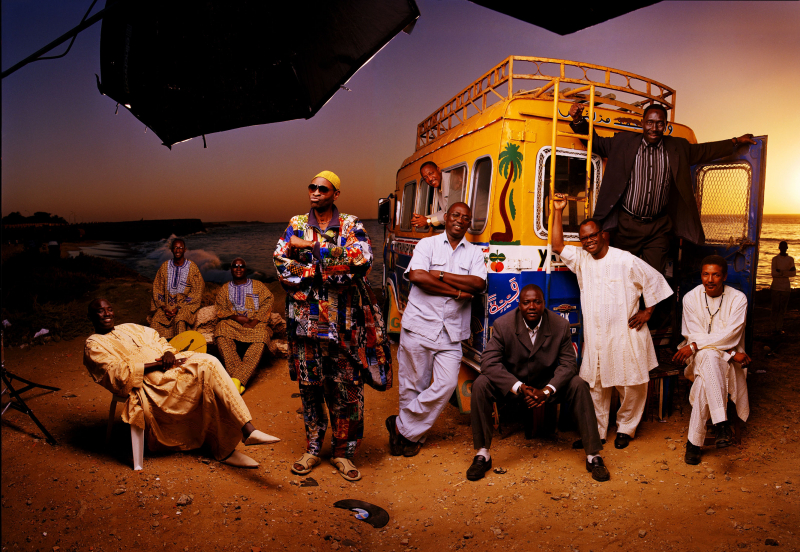
musicinafrica.com 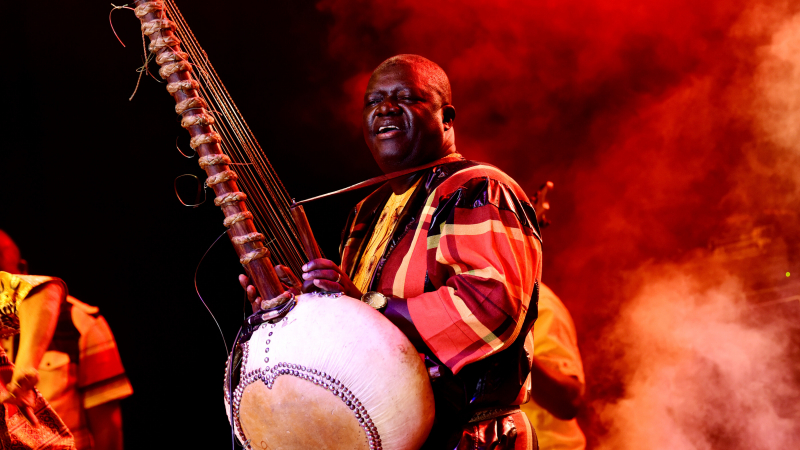
theculturetrip.com





























